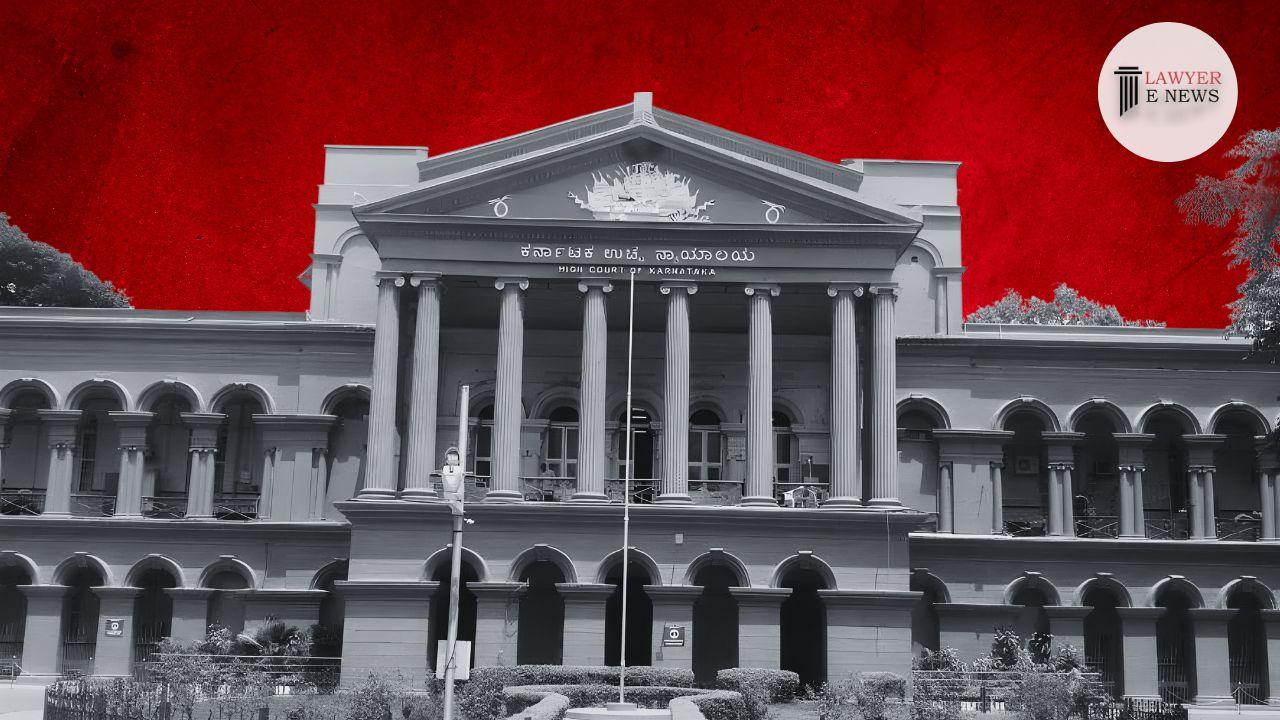-
by Admin
15 February 2026 5:35 AM



The Karnataka High Court has upheld the removal of Abdul Azeem from the position of Chairman of the Karnataka State Minorities Commission, emphasizing the state's authority to appoint and remove officials under the "doctrine of pleasure" as per the Karnataka State Minorities Commission Act, 1994. Justice M. Nagaprasanna dismissed Azeem's writ petition challenging his removal, underlining the government's statutory right to make such decisions without being deemed arbitrary.
The court underscored the application of the "doctrine of pleasure," which grants the government the authority to appoint and remove officials without the need for a fixed tenure. "The statute itself recognizes the right of the Government to tinker with the nomination prior to its expiry as it is subject to the pleasure of the Government," Justice Nagaprasanna noted, citing Section 4 of the Karnataka State Minorities Commission Act.
The judgment extensively discussed the principles surrounding the "doctrine of pleasure" and its application in democratic governance. It referenced multiple landmark judgments, including B.P. Singhal vs. Union of India, to elucidate that while the doctrine allows removal without cause, it must not be exercised arbitrarily. The court observed, "The doctrine of pleasure does not mean a licence to act arbitrarily, capriciously, or whimsically."
Justice Nagaprasanna explained that the removal under Section 4, unlike disqualification under Section 5, does not necessitate a hearing or cause. "Once the doctrine of pleasure is invoked, neither the principles of natural justice would step in nor any question of giving an opportunity before removal would arise," the judgment stated, reinforcing the statutory framework that allows the government such discretion.
"The petitioner's appointment was always subject to the pleasure of the Government, as per the statute. Therefore, the argument of arbitrariness in the exercise of this statutory right does not hold," remarked Justice Nagaprasanna.
Conclusion: The Karnataka High Court's dismissal of Abdul Azeem's petition reaffirms the government's statutory authority to appoint and remove officials within the framework of the Karnataka State Minorities Commission Act. This decision emphasizes the legitimacy of the "doctrine of pleasure" while cautioning against its arbitrary use. The ruling is expected to have significant implications for future appointments and removals within statutory bodies, underscoring the balance between governmental discretion and the rule of law.
Date of Decision: May 28, 2024
Abdul Azeem vs. State of Karnataka and Others
